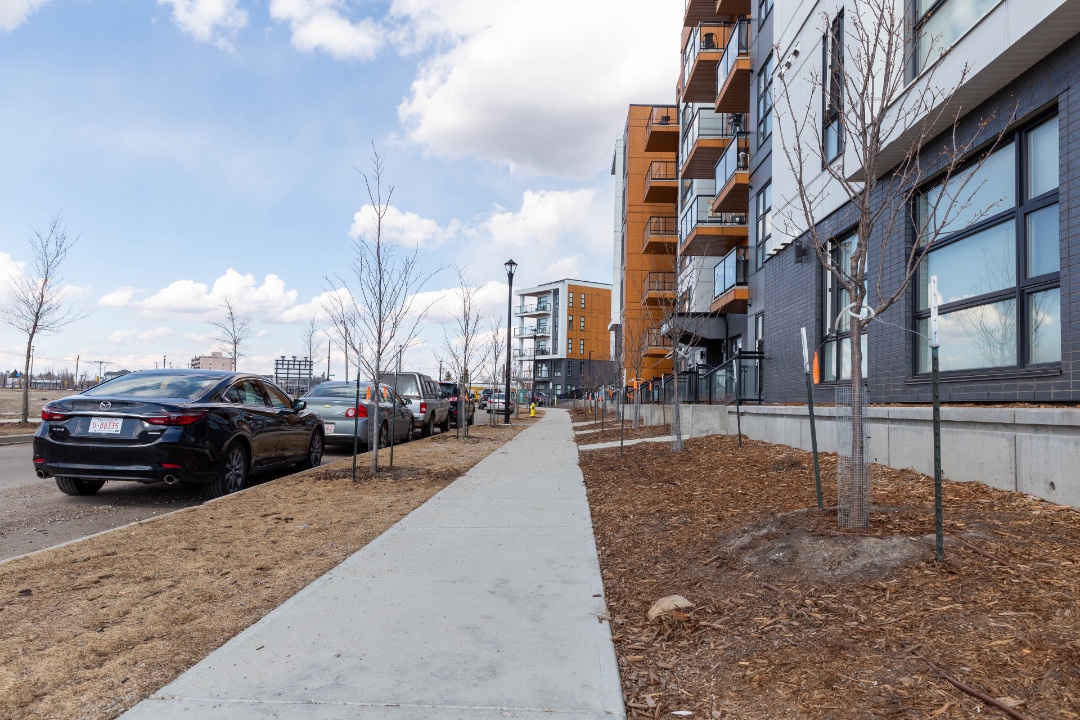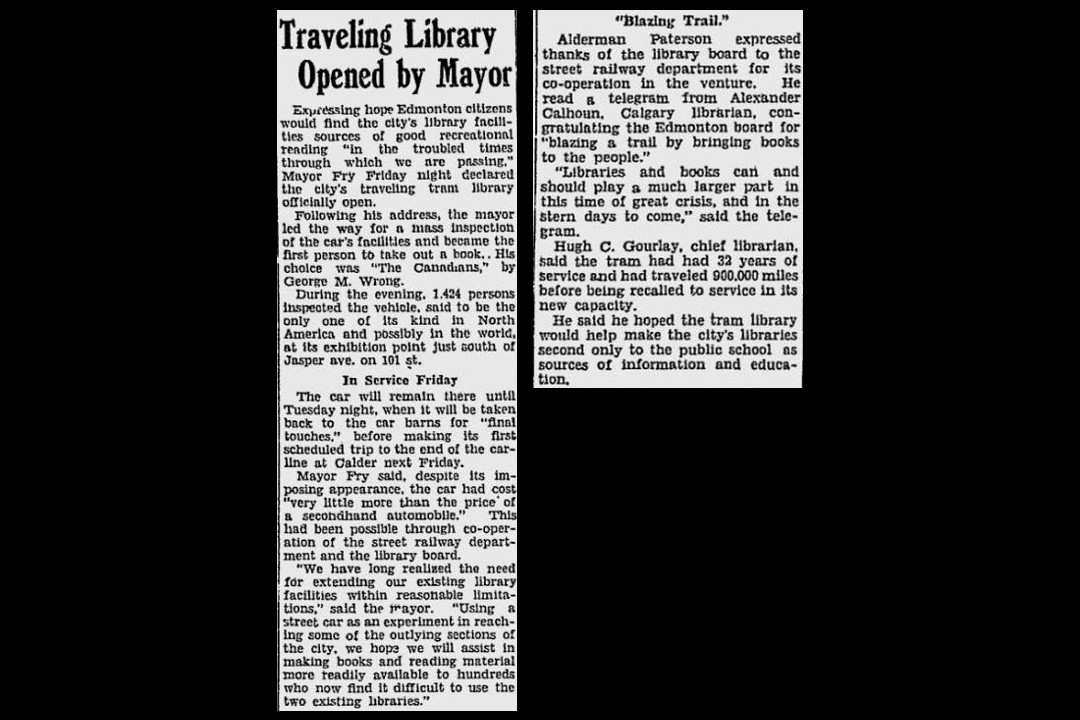
EFCL supports zoning bylaw renewal with climate caveats
The Edmonton Federation of Community Leagues is in favour of proposed changes to the city's zoning bylaw, though it wants to see amendments to support climate-change mitigation measures.
"It really sits with the values that I think EFCL has around trying to move forward with vibrant communities, more livable communities, better mobility options for people," EFCL executive director Laura Cunningham-Shpeley told Episode 236 of Speaking Municipally. "Those are the things that the EFCL stands on, and so that's why we really felt that this was in alignment with that."
A public hearing on the proposed new zoning bylaw will take place from Oct. 16 to 18. City council will then vote on whether to accept the changes.
Although the EFCL supports the overall vision of the proposed renewal, workshops and conversations with leagues around the city made it clear that they would like to see a framework for climate change actions such as solar readiness, electric-vehicle support, and tree preservation added, Cunningham-Shpeley said.
"We want to make sure we get it as close to right to begin with because we know that sometimes those amendments can be difficult to get done later, and so our ask is for it to get done before," she said.
Opponents of the proposed zoning changes have cited a lack of public engagement as cause for concern, but Cunningham-Shpeley said efforts to engage the public have been going on for a long time. She encouraged people to look at the vote as the "beginning of a new bylaw," rather than the end of the discussion.
"I am not convinced that longer engagement is going to produce anything different," she said.
The EFCL supports Edmonton's 162 independent community leagues by coordinating engagement and acting as a unified, representative voice, but it's unusual for it to take such an explicit, public stance. Cunningham-Shpeley said this issue is beyond some leagues' capacity to address, and the federation wanted to provide a point of reference for those groups.
"It gives them something to stand on if they don't have the capacity or interest, frankly, to take a position on their own," she said. "This is a pretty divisive project for a lot of leagues, and so a lot of them have just decided to be conveners for conversations as opposed to taking positions at this point."
Hear more from the EFCL on the Oct. 6 episode of Speaking Municipally, which also touches on potential compensation for businesses affected by the construction of the Valley Line West LRT.



